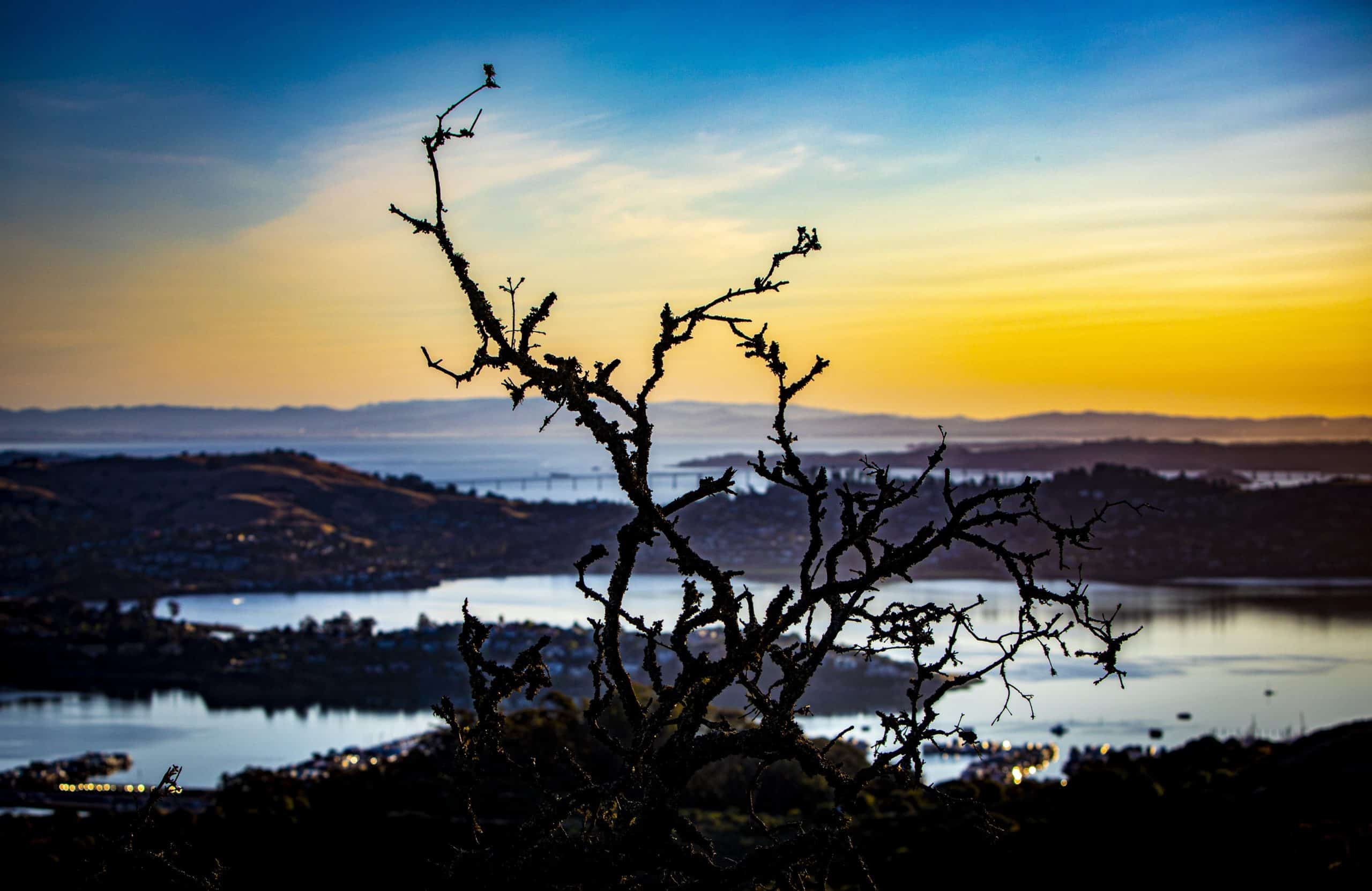California is in the midst of a drought. Again. One cannot help but feel a sense of deja vu as well-meaning folks take fewer or shorter showers and decline water at restaurants. Some may even let their lawns dry out. Though well-meaning and good in themselves, these actions are akin to fussing over a dripping kitchen faucet while your garden hose is open full blast all day. The real problem is not showers, but the water used in animal agriculture.
Driving along Interstate 5 in California’s Central Valley, one can see numerous placards proclaiming that growing food is not a waste of water. This is only partially true. Growing grass and corn to feed animals for meat is a waste when the land and water could have been used to grow crops for direct human consumption.
In the battle for the ever-diminishing supply of water in California, we need to examine which sectors use the largest amount of this precious commodity. The agriculture industry uses about four times the amount of water that urban populations consume. According to a publication by the University of California Davis, 29% of California’s water is used to irrigate pastures or grow alfalfa for farm animal consumption. Another 7% is used to grow corn, which is fed to animals. This means that more than a third of the water used in agriculture, or about 30% of all human consumption of water in California is used for animal agriculture.
An article in Bloomberg puts these numbers into perspective: “put it all together and growing things to feed cattle use more than 10 million acre-feet of water in California in an average year… all the people in California used 8.6 million acre-feet a year.” The bottom line is that animal agriculture puts a tremendous strain on the water resources of the drought-stricken state of California.
Even when there is sufficient water in our rivers to irrigate farmland, we need to use as little as we can. Rivers need to be allowed to reach the ocean because freshwater flowing into estuaries is an essential part of estuarine habitats that support diverse wildlife. Excessive withdrawal of water from rivers such as the Colorado River has led to rivers drying up before they reach the ocean, destroying habitats along the rivers and estuaries in the process. For example, certain fish species such as salmon need clean and cool water in rivers for reproduction. As large quantities of water from rivers are diverted for irrigation of crops, salmon populations have plummeted, leading to the use of artificial methods to ensure their survival.
Animal agriculture serving our meat-heavy diets are also causing issues beyond the drought-stricken California. Water pollution through runoff from livestock waste and fertilizers used to grow crops for livestock cause toxic algae blooms in the Great Lakes. The dead zones in the Gulf of Mexico and other coastal areas and the pollution of rivers can be attributed to farming operations that produce meat and dairy.
Farming operations of plant-based food also cause water pollution, but on a much smaller scale. First, there is no sewage from plants that contaminates water bodies. As a result, plant agriculture is much cleaner than animal agriculture by default. Secondly, fewer crops need to be grown for a plant-based diet. According to a study by an ecologist at Cornell University, if all the grain currently fed to livestock in the United States were consumed directly by people, we could feed nearly 800 million people, more than twice the total population of the US. In other words, we could half our agricultural land and water footprint by shifting to a plant-based diet.
Hypothetically, if we shifted to a plant-based diet, the land and water used to grow crops for animals could be returned to nature, restoring endangered grasslands and replenishing dry river beds. Imagine if the grasslands of the Great Plains were restored to their former glory, teaming with wildlife and watered by pristine streams and rivers. Imagine the Colorado river reaching the Gulf of California watering a verdant delta in a desert. According to an article in the Los Angeles Times, “In 1922, the great naturalist Aldo Leopold canoeed through the (Colorado River) delta, which he described as “a milk and honey wilderness” and a land of “a hundred green lagoons.” It was home back then to deer, quail, raccoon, bobcat, jaguar and vast flocks of waterfowl, and its 2-million-acre expanse was a crucial stopover on the Pacific flyway, providing respite and feeding grounds for millions of migratory birds as they journeyed across the western Americas.” Can we imagine today’s desiccated delta of the Colorado River as a land of “a hundred green lagoons” again?
These Edenesque portraits can come to fruition if we reduce the amount of land and water we use to support our meat-based diets.
The instinct to do what we can to alleviate this drought crisis is noble. However, our instinct to do good should be informed by an awareness of the larger problem at hand. In addition to being a burden on water resources, animal agriculture harms the natural environment by contributing to carbon emissions, the ravaging of forests and grasslands, and water pollution.
As Pope Francis writes in Laudato Si: “Together with our obligation to use the earth’s goods responsibly, we are called to recognize that other living beings have a value of their own in God’s eyes: “by their mere existence they bless him and give him glory”,[41] and indeed, “the Lord rejoices in all his works” (Ps 104:31).” We must not destroy God’s works, the works in which God rejoices.
We will need to act at a personal level and at a systemic level to align our lifestyle with the ecological vision of the Catholic faith. Reducing or ceasing our consumption of animal based foods while concurrently encouraging our elected leaders to pass laws that protect our water resources is the way forward. Lack of action at an individual level while espousing ecofriendly views reeks of hypocrisy, and lack of action at a systemic level blocks real change.


